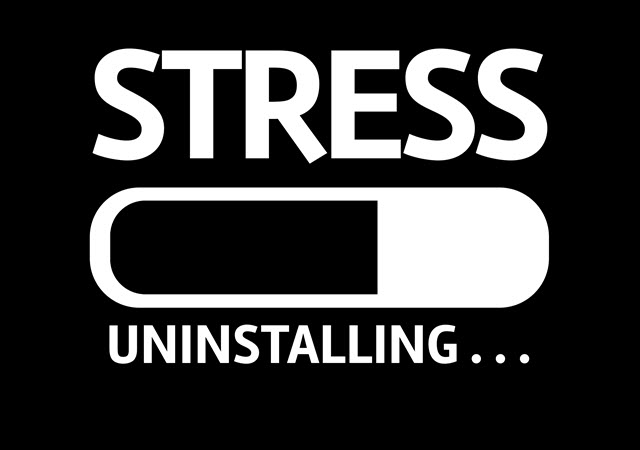Insomnia Prevention
Strategies for Responsible Sleep Management
The best way to treat insomnia is to take every precaution to ensure it doesn’t occur. Of course we all experience a temporary episode or two of broken sleep, but when that happens it’s time to jump on it with these prevention strategies.
Sleep Hygiene
Sleep hygiene is a term used widely in sleep medicine. It’s literally a kind of tidying up of the sleep behaviors and bad habits you’ve created that can destroy your chances for inviting natural sleep.
- Establish a routine bedtime and try to adhere to it. Make sure you allow yourself between 7 and 9 hours of sleep time. This varies among adults.
- Restrict overly-stimulating activities while getting ready for bed. These include television, work activities, computer use, and gaming. The purpose to getting ready for bed is to develop a routine and quiet transition period.
- Eliminate stimulants in food and drink prior to bed. No sodas, coffee or tea with caffeine or sugar.
- Create a comfortable sleep environment, with attention to lighting and noise.
Dealing with Stress and Anxiety

Insomnia symptoms are not a disorder in and of themselves, but most commonly a larger indication of something else—medical or psychological. Stress and anxiety are given factors in our lives, but they should not interfere to the point of disrupting sleep on a regular or chronic basis.
Guess what? Insomnia symptoms can be stimulated by stress and anxiety. What’s worse in this equation….loss of sleep in turn can intensify anxiety and stress, making for one big vicious cycle. Leave a situation like this untreated and you could eventually settle into chronic insomnia symptoms.
At the first sign of stress and sleep disturbance take measures to address the source of stress or anxiety. Insomnia is rarely the root cause. Don’t cover it up with sleep aids.
Dealing with Depression
Depression is intricately woven into insomnia. For this very reason depression is often overlooked and untreated in favor of the secondary problem, insomnia. Most psychiatrists realize that your ongoing insomnia symptoms are really signs of something much more pernicious and often depression is to blame. Women, teens and the elderly are common depression sufferers.
Should you begin losing sleep see your doctor. He or she should work up a full medical history, ask you a battery of sleep and behavior related questions, possibly ask you to keep a sleep diary for a while, and then help distill a diagnosis. Avoid doctors that just want to medicate you.
Medication is Not Prevention
There is a right way to use sleep aids and a wrong way. Using sleep aids to mask and “cure” chronic insomnia is not a safe or sound medical strategy. If you’re self-medicating with OTC drugs you are also being counter-productive. Prescription sleep aids are helpful for reversing temporary insomnia symptoms—literally jumpstarting your natural sleep-cycle.
